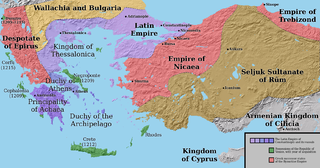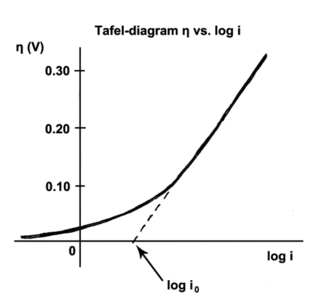This page is based on this
Wikipedia article Text is available under the
CC BY-SA 4.0 license; additional terms may apply.
Images, videos and audio are available under their respective licenses.

William I, Count of Hainaut, was Count William III of Avesnes, Count William III of Holland and Count William II of Zeeland from 1304 to his death.

Richard I, also known as Richard the Fearless, was the Count of Rouen or Jarl of Rouen from 942 to 996. Dudo of Saint-Quentin, whom Richard commissioned to write the "De moribus et actis primorum Normanniae ducum", called him a Dux. However, this use of the word may have been in the context of Richard's renowned leadership in war, and not as a reference to a title of nobility. Richard either introduced feudalism into Normandy or he greatly expanded it. By the end of his reign, the most important Norman landholders held their lands in feudal tenure.
William I, Count of Nevers, was the son of Renauld I, Count of Nevers and Hedwig of France, Countess d'Auxerre. In 1040 he succeeded his father as Count of Nevers and d'Auxerre and in 1065 he was also the Count of Tonnerre. He married Ermengarde, daughter of Renauld, Count of Tonnerre about 1039. William died at Nevers 20 June 1100.
Ermengarde of Anjou, was a Duchess consort of Burgundy. She was the daughter of Count Fulk III of Anjou and Hildegarde of Sundgau. She was sometimes known as Ermengarde-Blanche.

Namibian cuisine is the cuisine of Namibia. It is influenced by two primary cultural strands:
Countess Friederike Charlotte Antoinette of Dohna-Schlodien in Leistenau was a German noble woman.
Adela of France, known also as Adela the Holy or Adela of Messines;, was, by marriage, the Duchess of Normandy, Countess of Flanders (1035–1067).
William III was the Count and Margrave of Provence from 1014 to his death. He inherited the titles of his father Rotbold II but preceded his cousin William IV as Count of Provence.

Adelaide-Blanche of Anjou was the countess consort by marriage of Gévaudan and Forez, of Toulouse, of Provence, and of Burgundy; and queen consort of Aquitaine. She was the regent of Gevaudan during the minority of her sons in the 960s, and the regent of Provence during the minority of her stepson from 994 until 999.
Béatrice of Vermandois, a Carolingian aristocrat, queen of Western Francia by marriage to Robert I, King of France, and mother of Hugh the Great.

Rozala of Italy was a Countess of Flanders and Queen consort of the Franks. She was regent of Flanders in 987-988 during the minority of her son.
Ermengarde-Gerberga of Anjou, also called Ermengarde of Anjou, was the Countess of Rennes, Regent of Brittany (992–994) and also Countess of Angoulême.
Peter Kooij or Kooy is a Dutch bass singer specialized in baroque music.
Christa Bonhoff is a German contralto and mezzo-soprano singer.
Dantes Diwiak is a classical tenor, who grew up and has worked mostly in Germany.

The Partitio terrarum imperii Romaniae, or Partitio regni Graeci, was a treaty signed among the crusaders after the sack of the Byzantine capital, Constantinople, by the Fourth Crusade in 1204. It established the Latin Empire and arranged the nominal partition of the Byzantine territory among the participants of the Crusade, with the Republic of Venice being the greatest titular beneficiary. However, because the crusaders did not in fact control most of the Empire, with local Byzantine Greek nobles establishing the Byzantine successor kingdoms, most of the crusaders' declared division of the Empire amongst themselves could never be implemented.

The Haarlem Bank van Lening is a former city Bank van Lening that has been converted to a restaurant in Haarlem, the Netherlands.

foodsharing.de is an online platform that saves and distributes surplus food in Germany and Austria. It is managed by the Foodsharing association and was founded on December 12, 2012. On foodsharing.de individuals, retailers and producers can offer or collect food that would otherwise be thrown away. This service is completely free, and functions thanks to volunteer work. The projects' goal is to fight everyday food waste and to raise awareness about this problem in society.













